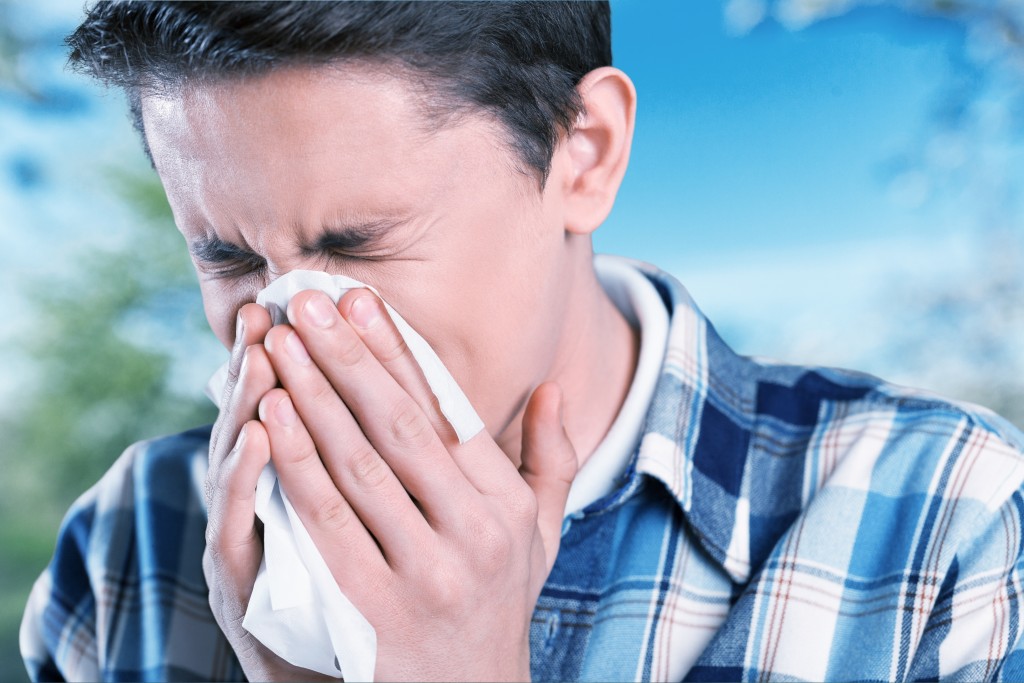Do you often find yourself sneezing more during the spring or summer season? Do you often get watery eyes and a runny nose along with other symptoms? Then you may have what we call allergic rhinitis. Often called hay fever, this condition affects millions of people all over the world.
If you're looking for ways to manage your allergies better, you will first need to seek advice from an expert. Find a physician in Orem who specializes in allergic and immunologic disorders such as hay fever. They can opt to do some tests to confirm your condition and make necessary prescriptions to ease your symptoms. Along with medical intervention, the following are what you can do to manage your allergy better:
Keep your house clean
Dust, dirt, pollen, feather, and fur can cause your allergy to go on haywire. To avoid this, make sure to keep your house clean. Vacuum every day and use a damp cloth when dusting. Refrain from using feather duster as this will only cause allergens to simply move around. Change your bedding's regularly and keep your house dry. When drying clothes, beware of hanging them outdoors as pollen easily sticks to damp clothes.
Avoid certain flowers and plants
Some plants have more pollen than others, which can trigger your allergy in a snap. So avoid fresh flowers inside the house. You'll want to avoid certain flowers as these are packed with pollen. This includes dahlias, chrysanthemums, daisies, oak trees, ragweeds, and bermudagrass.
Change your air filters often
How often do you replace your air filters? As a general rule, you should change your air filters before the season changes. This way, all trapped dirt, dust, and other allergens won't stay inside your home. As a general rule, you should change your air filters every 90 days. If possible, invest in HEPA AC filters as these can catch allergens more effectively.
Get rid of mold and mildew
These two may seem harmless, but in reality, they can be the very cause of your allergy. These thrive in moist conditions and can cause nasal stuffiness, cough, colds, eye irritation, and even skin irritation. Exposure to these can cause your allergies to kick in. Make sure to remove mold and mildew in and out of your home.
Mind your habits

Simple habit changes can help you prevent your allergies from plaguing your summer. So make sure that you remove your clothes and take a shower before entering your bedroom. Take your daily dose of vitamin C. Refrain from allowing pets to sleep in your bed. If you have long-haired furry friends, it would be best not to allow them to go inside your room.
Take your meds as prescribed
Your doctor may prescribe you medication to help ease your symptoms. Make sure to follow the prescribed dosage and medication. Don't take more than prescribed. You may feel like the more you take, the better you feel. But you don't want to end up having resistance to your meds.
Having allergies is never easy. It is very easy to trigger them but quite difficult to prevent. However, by keeping this list in mind, you'll find it easier to manage your allergy. By avoiding certain things and being mindful of your surroundings, you'll find it easier to prevent your allergy from coming back.
